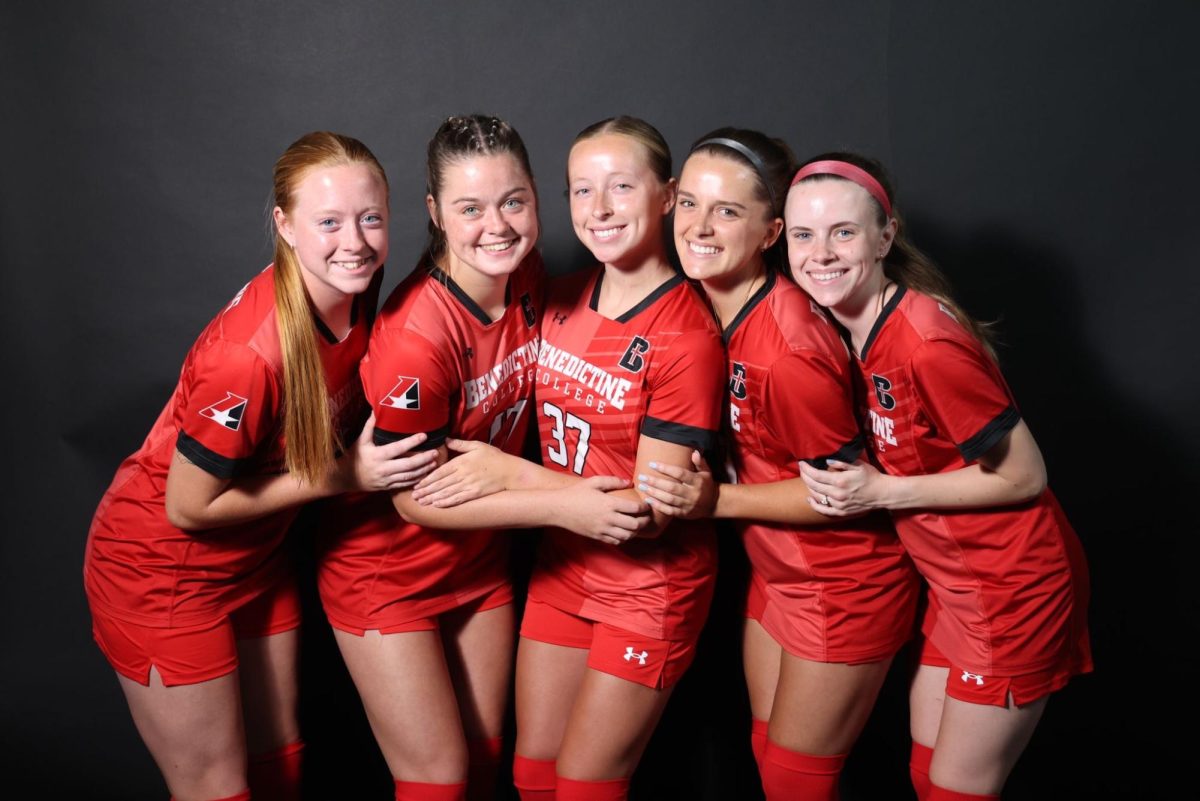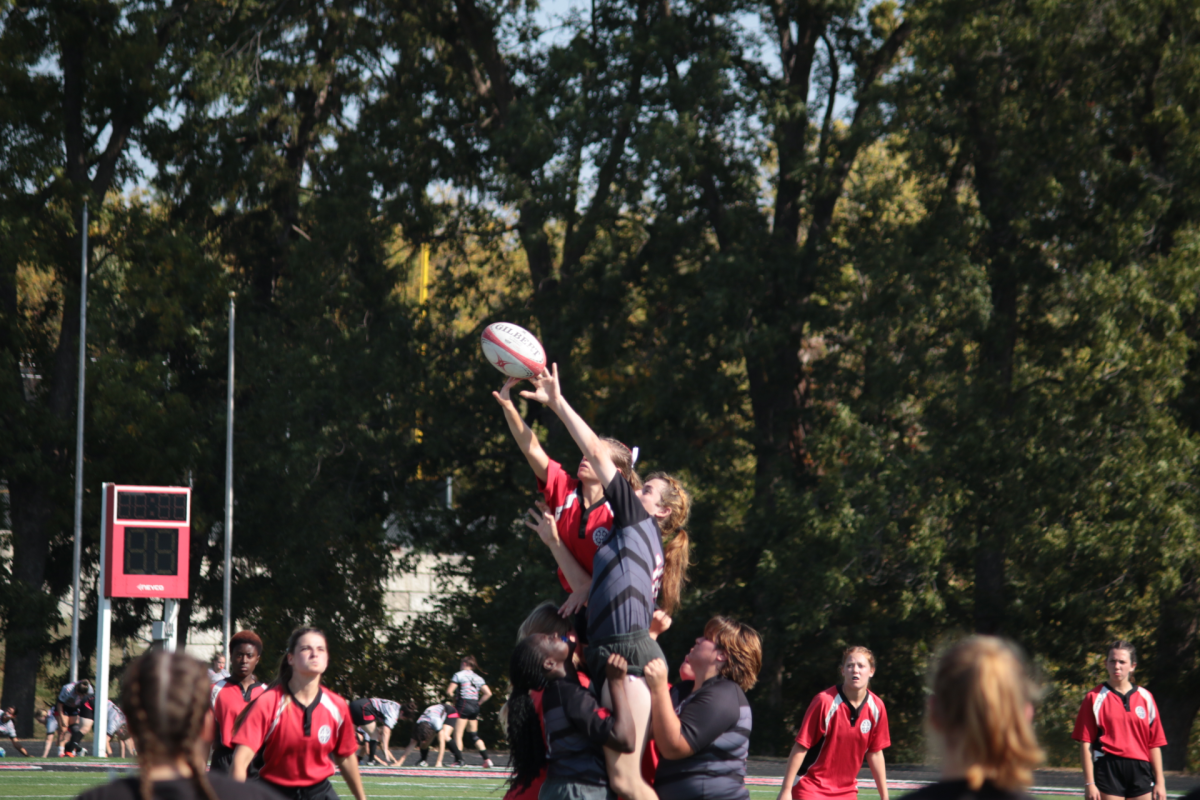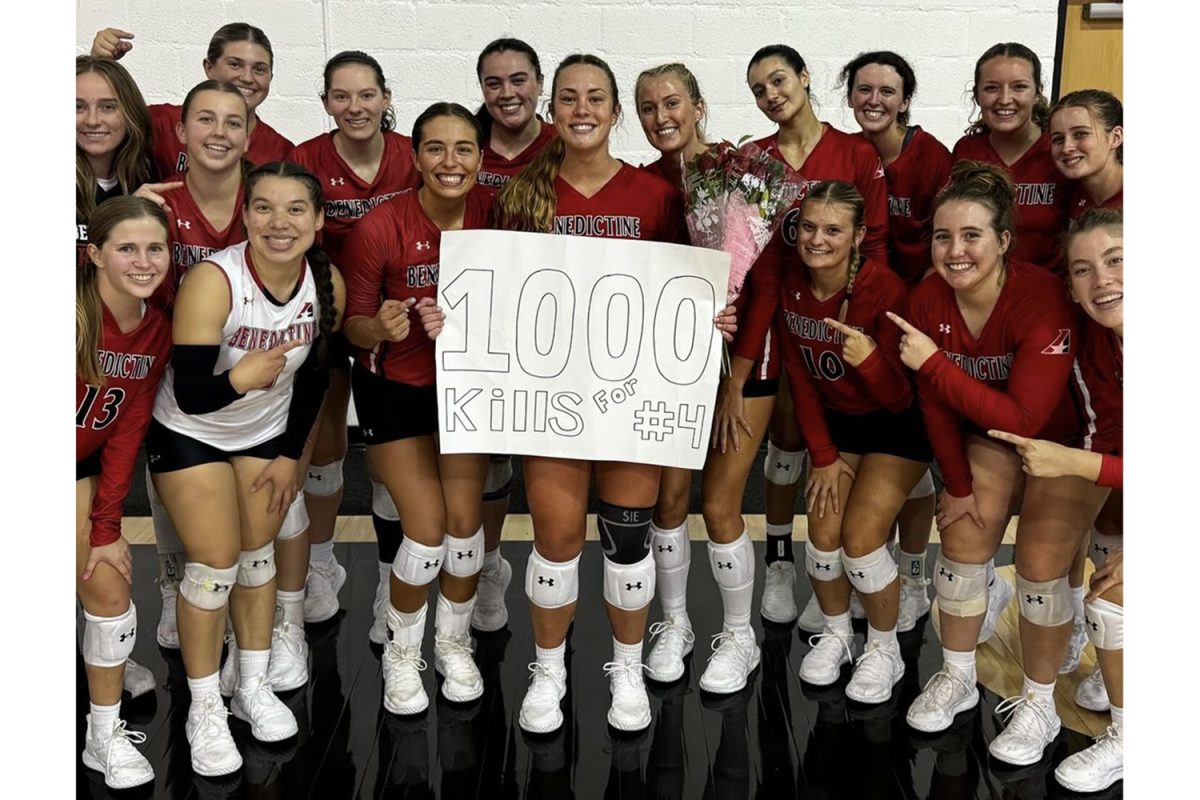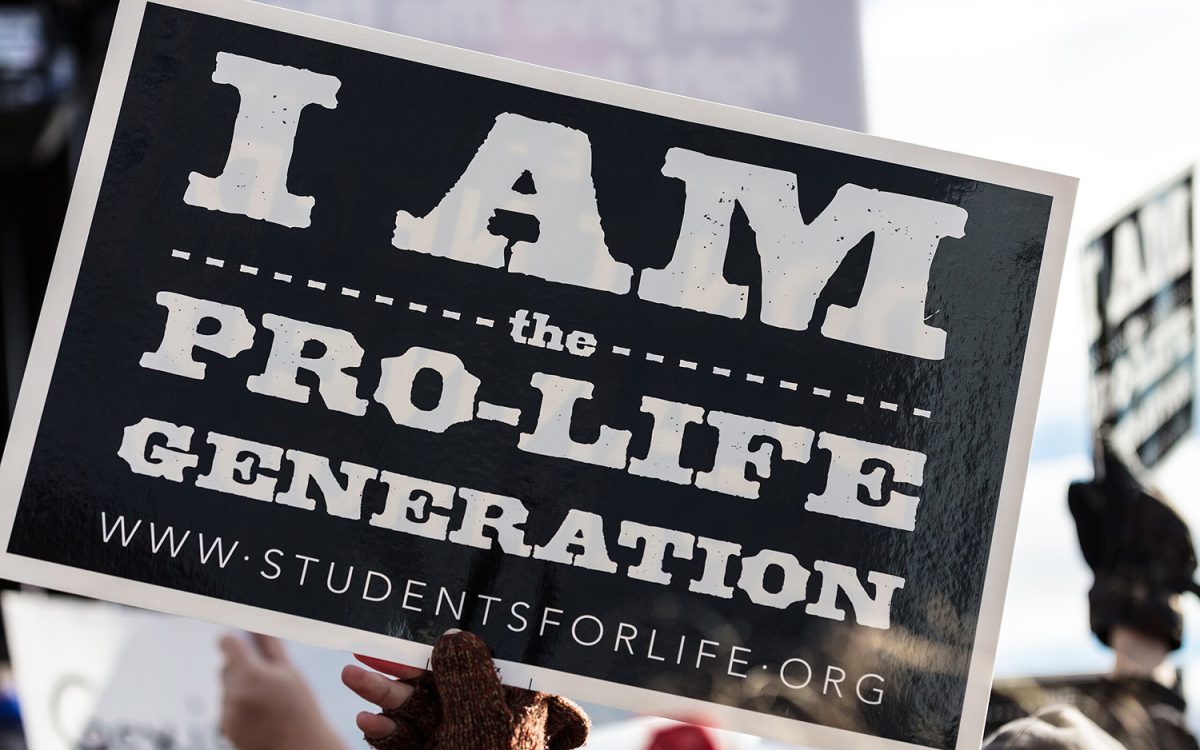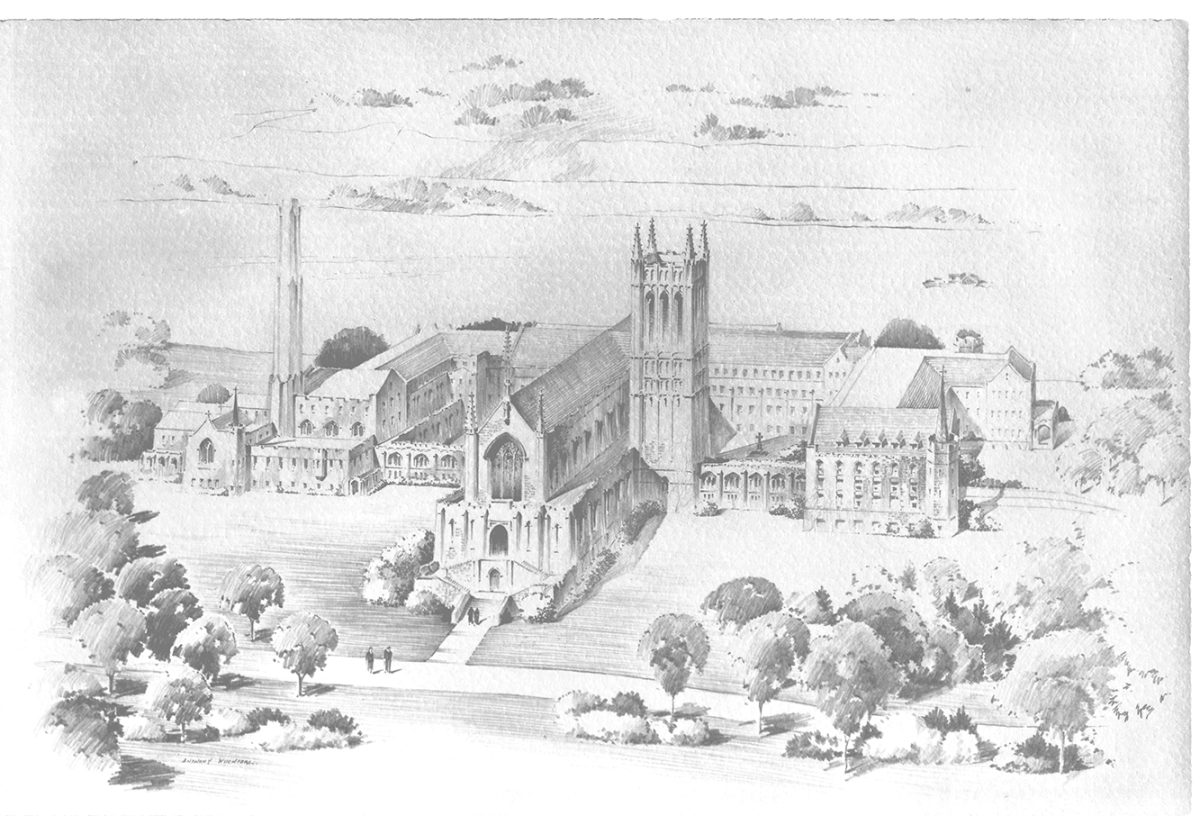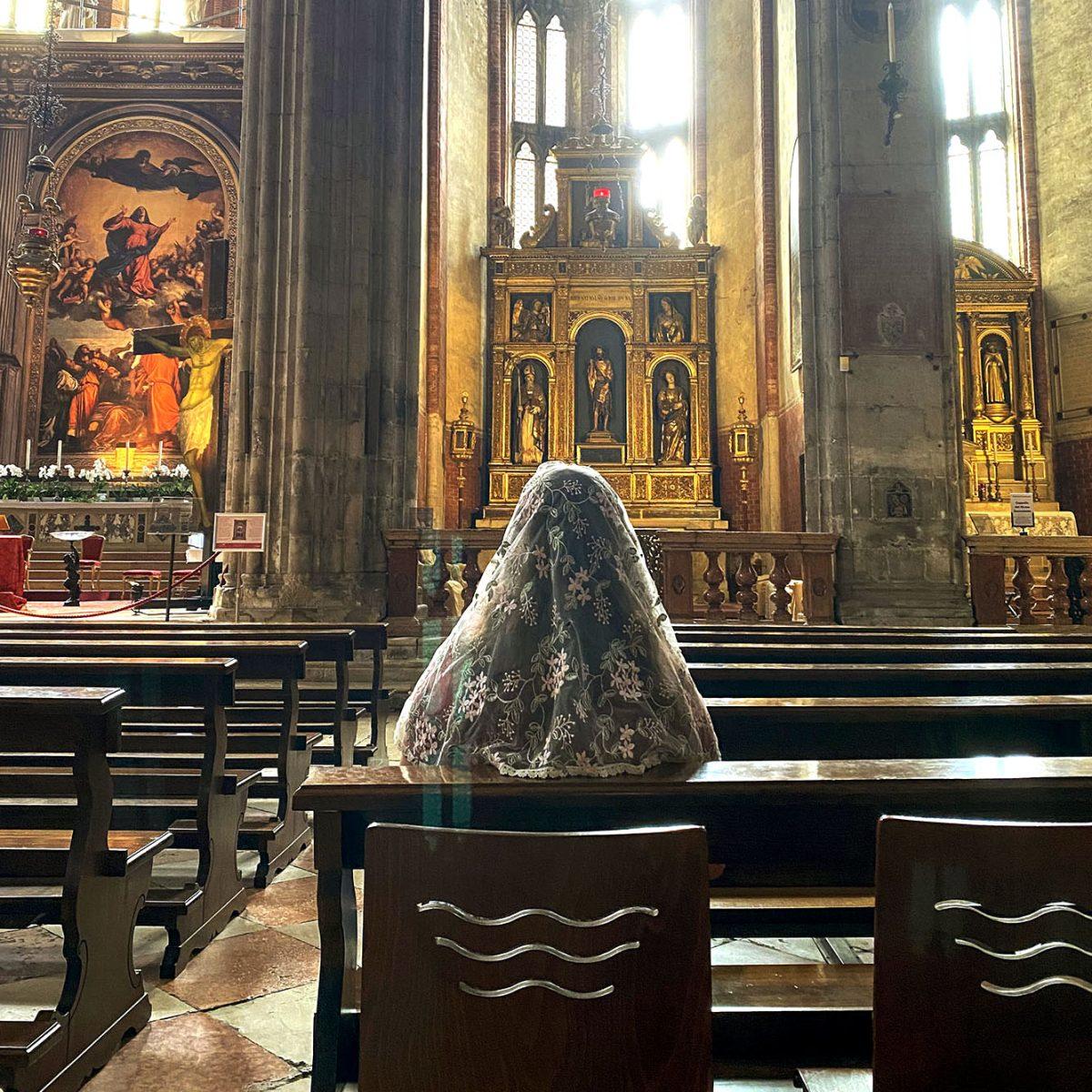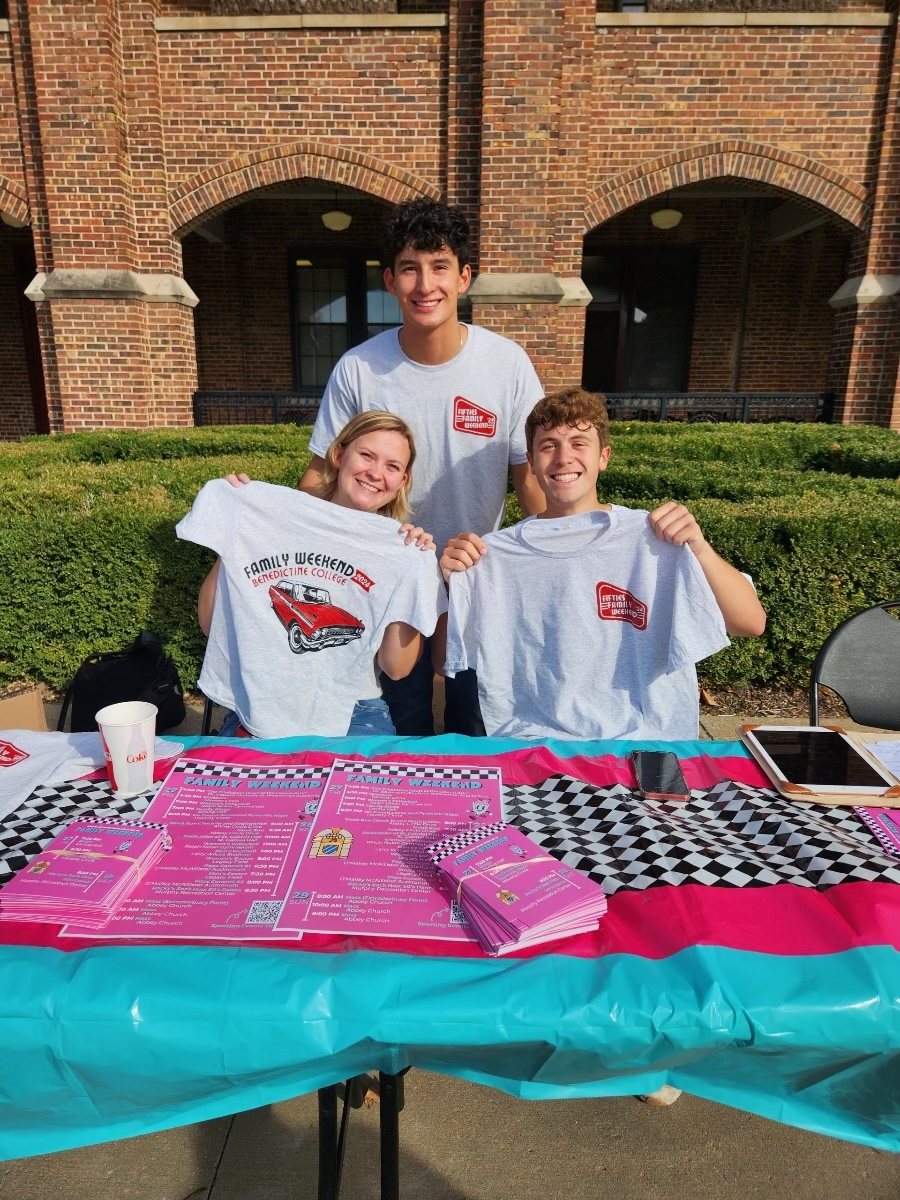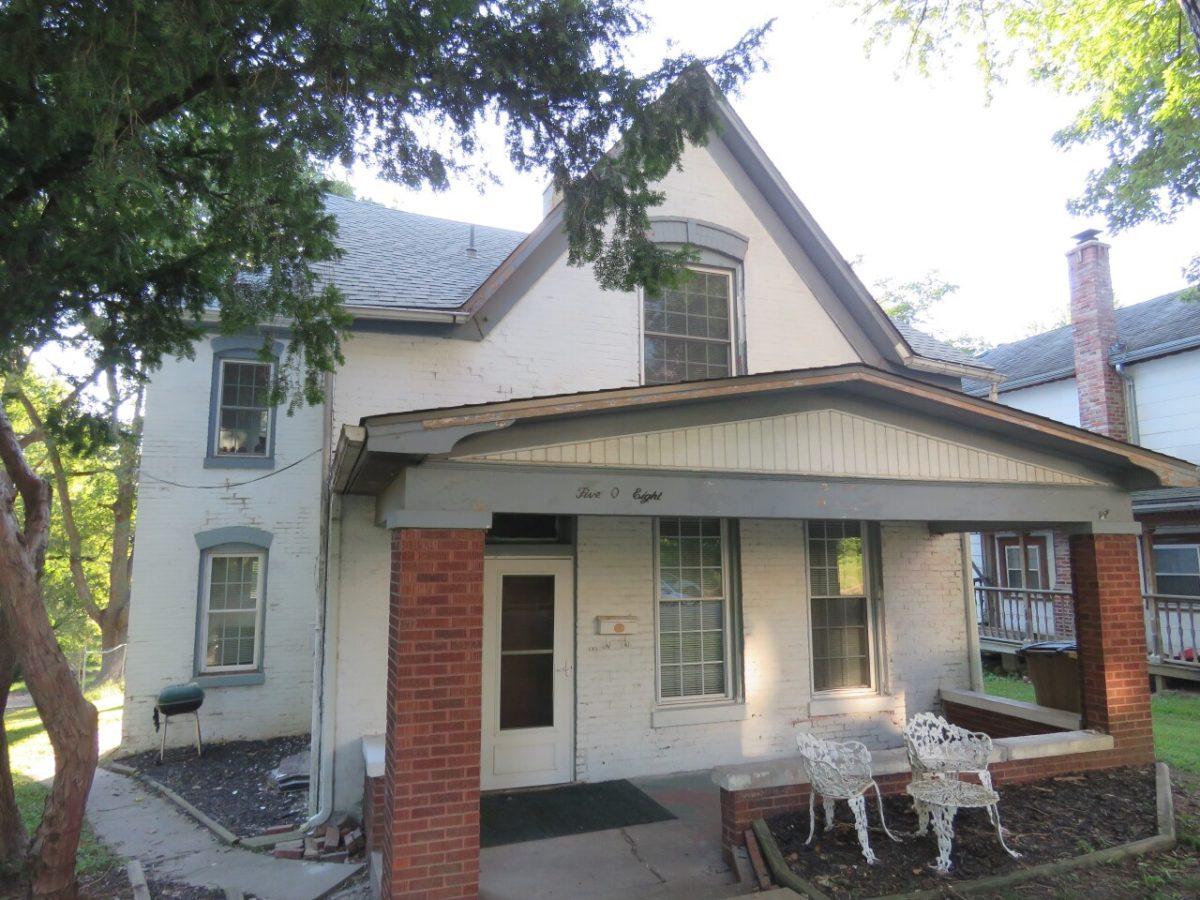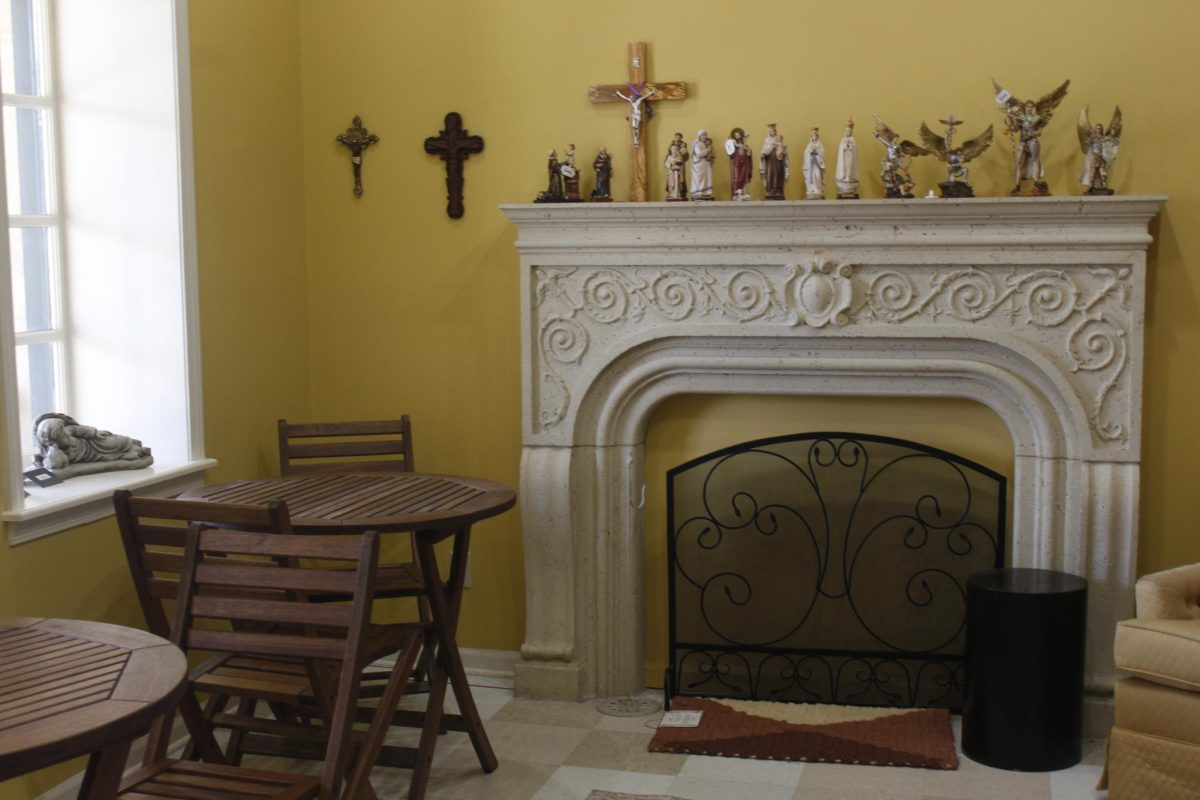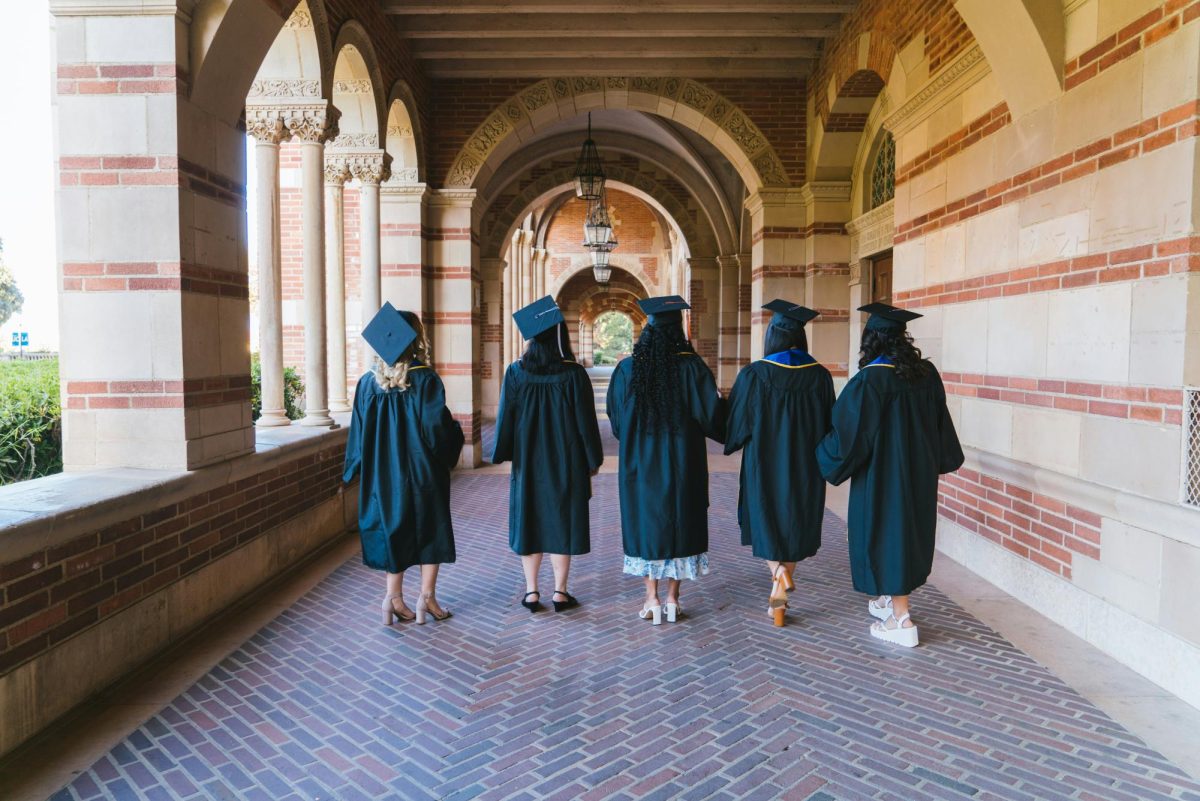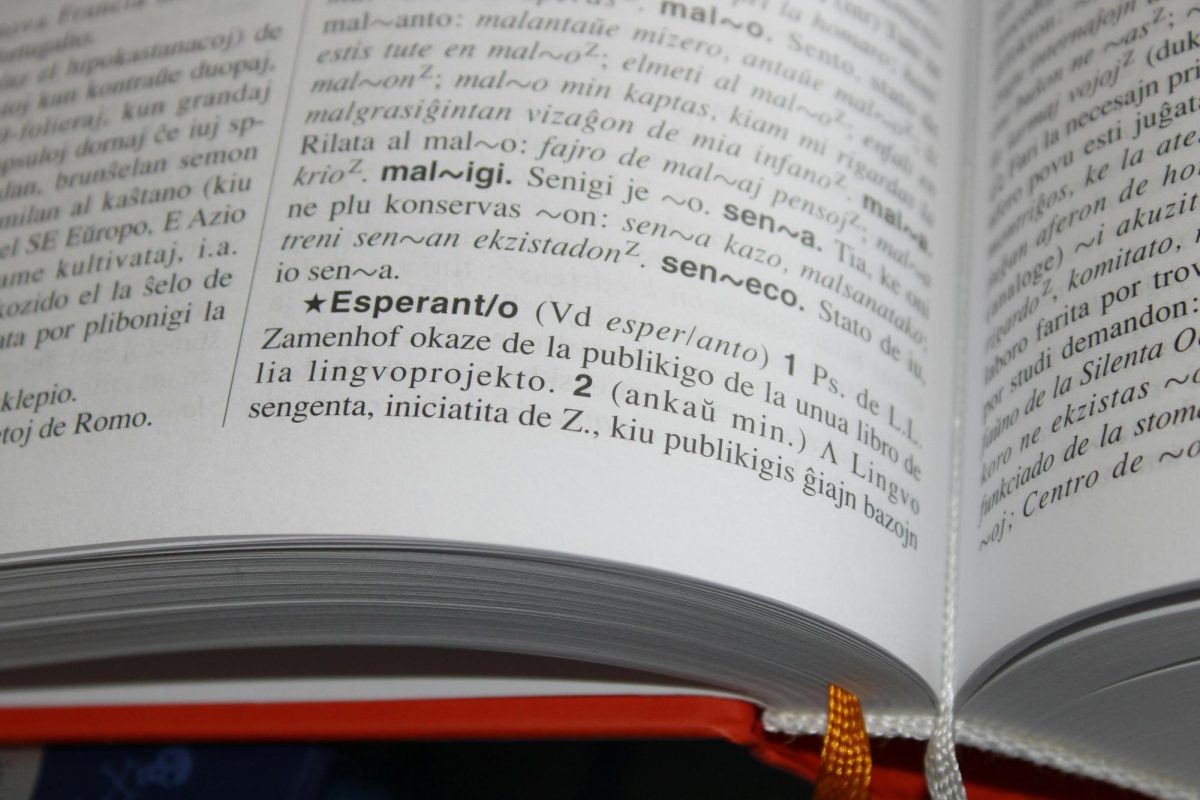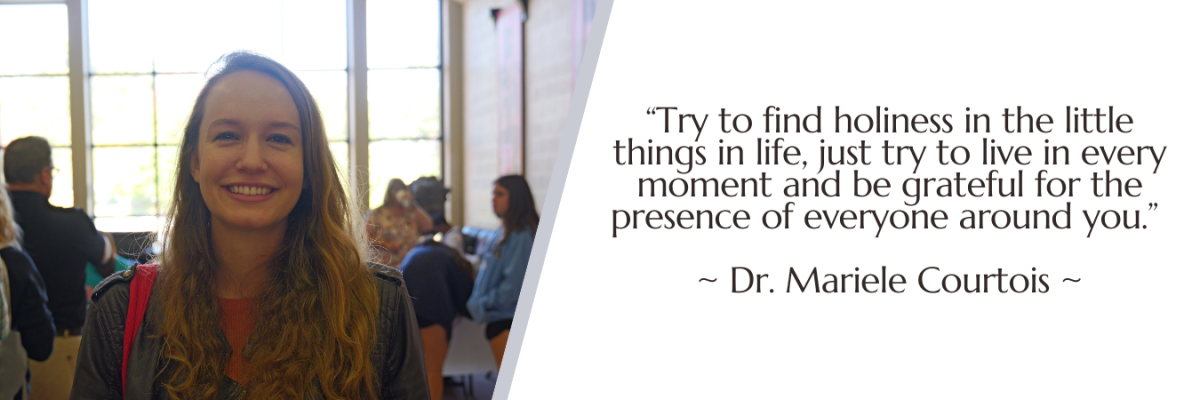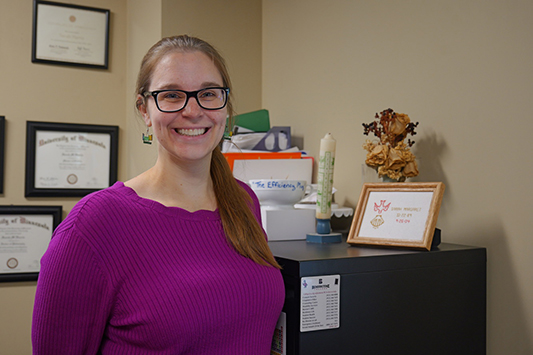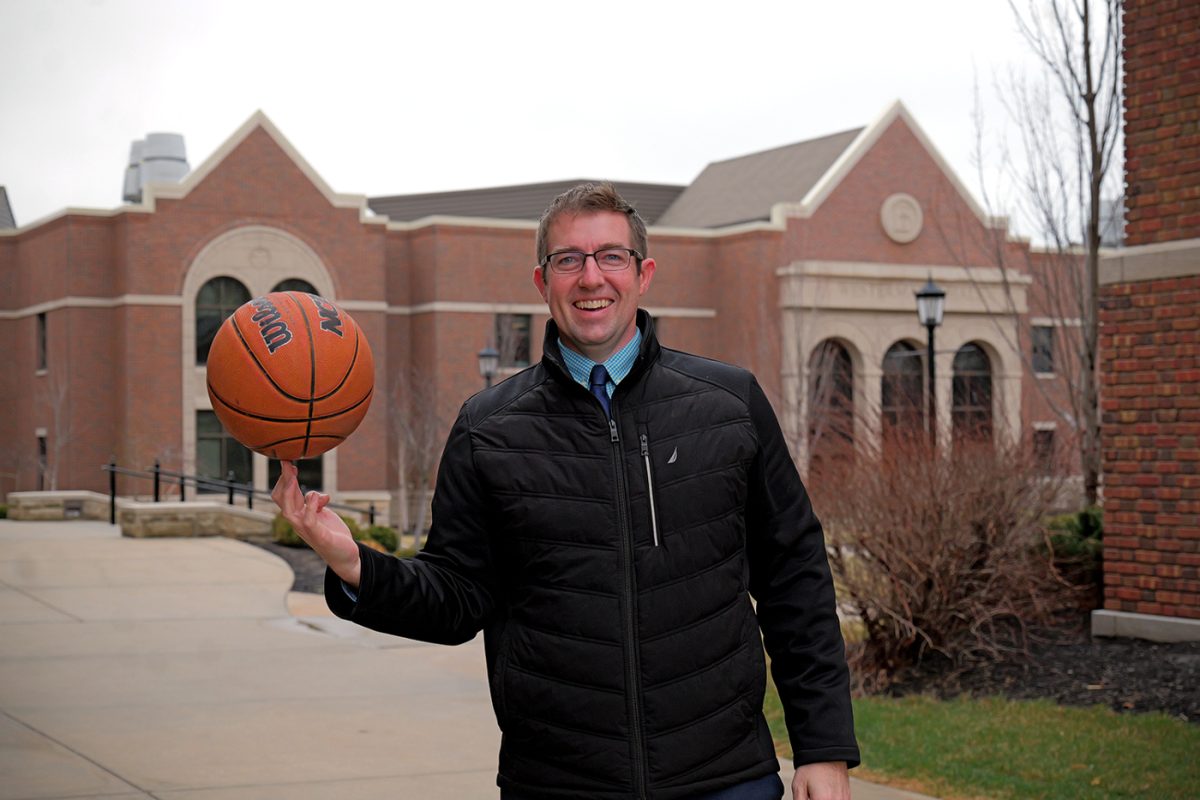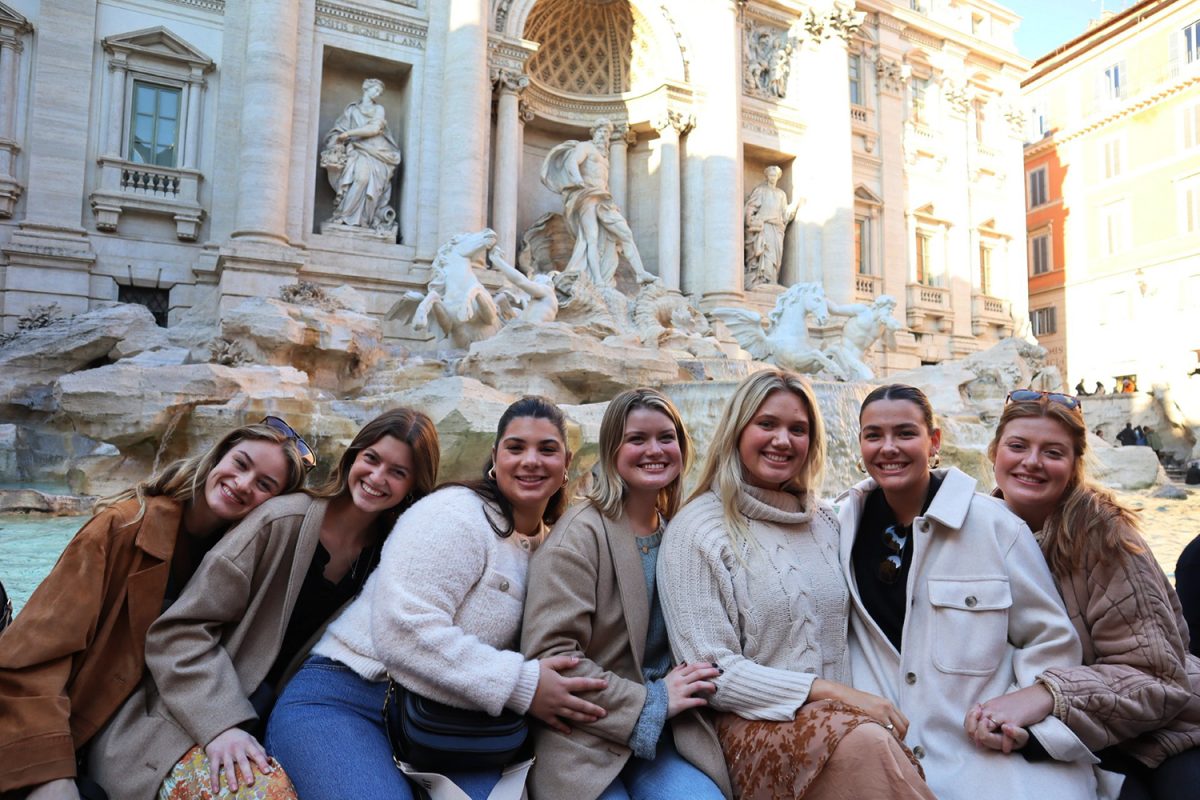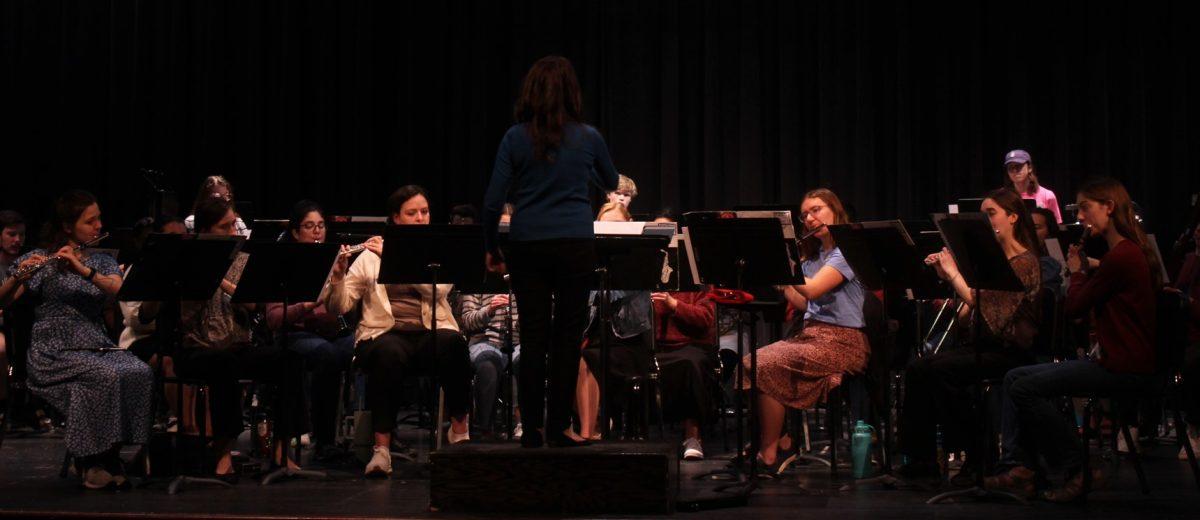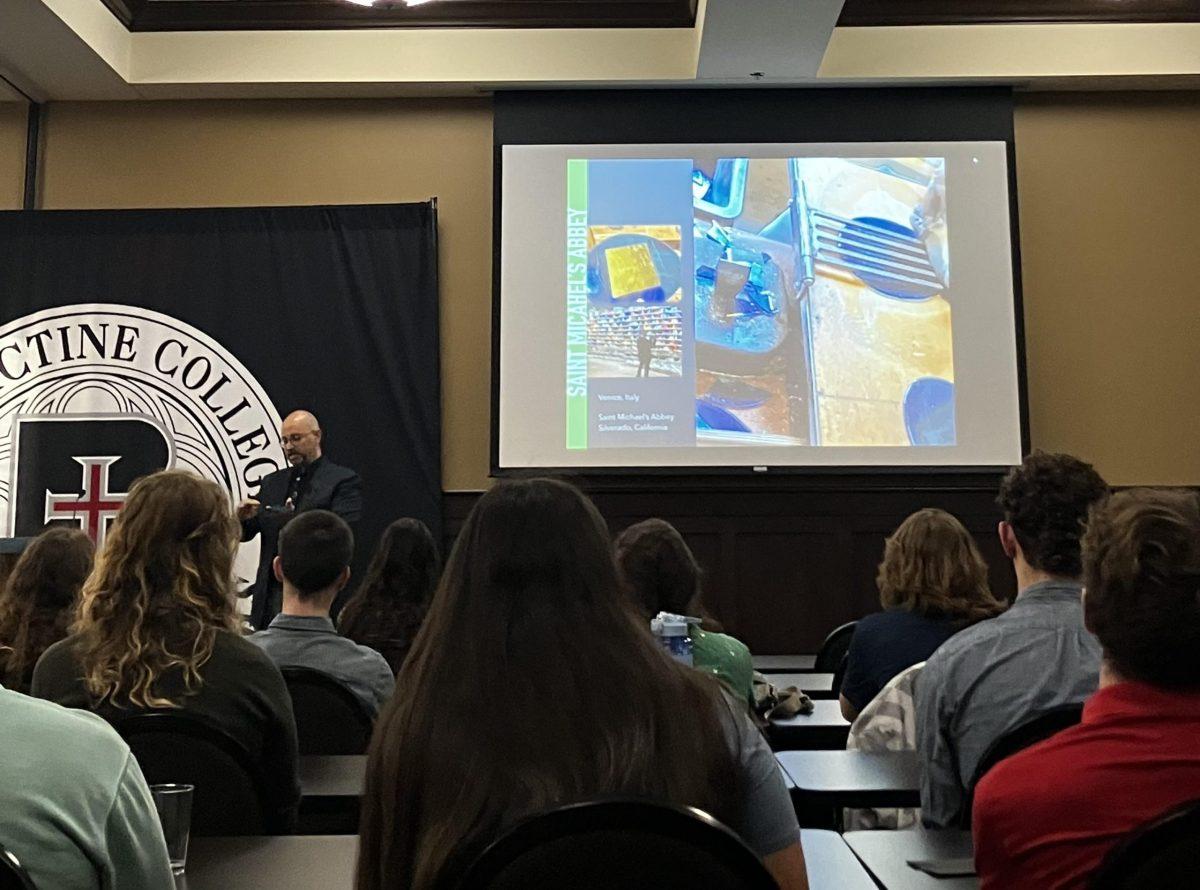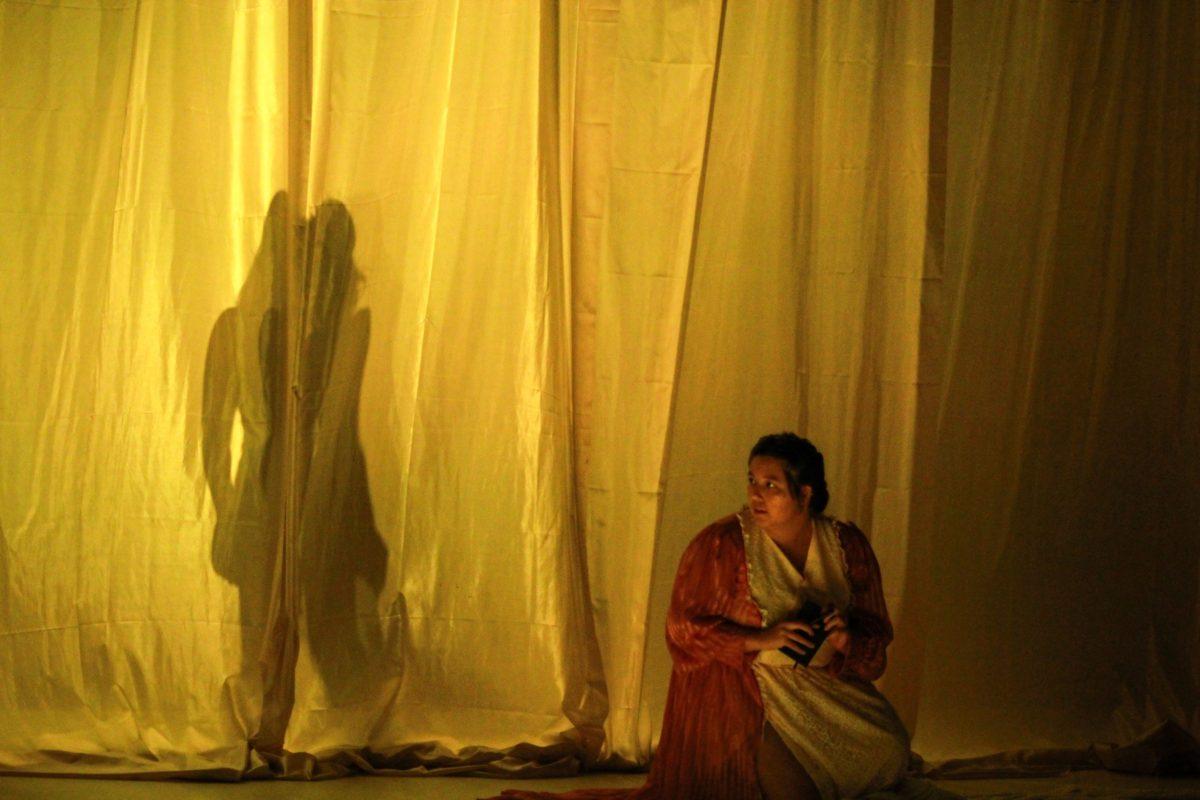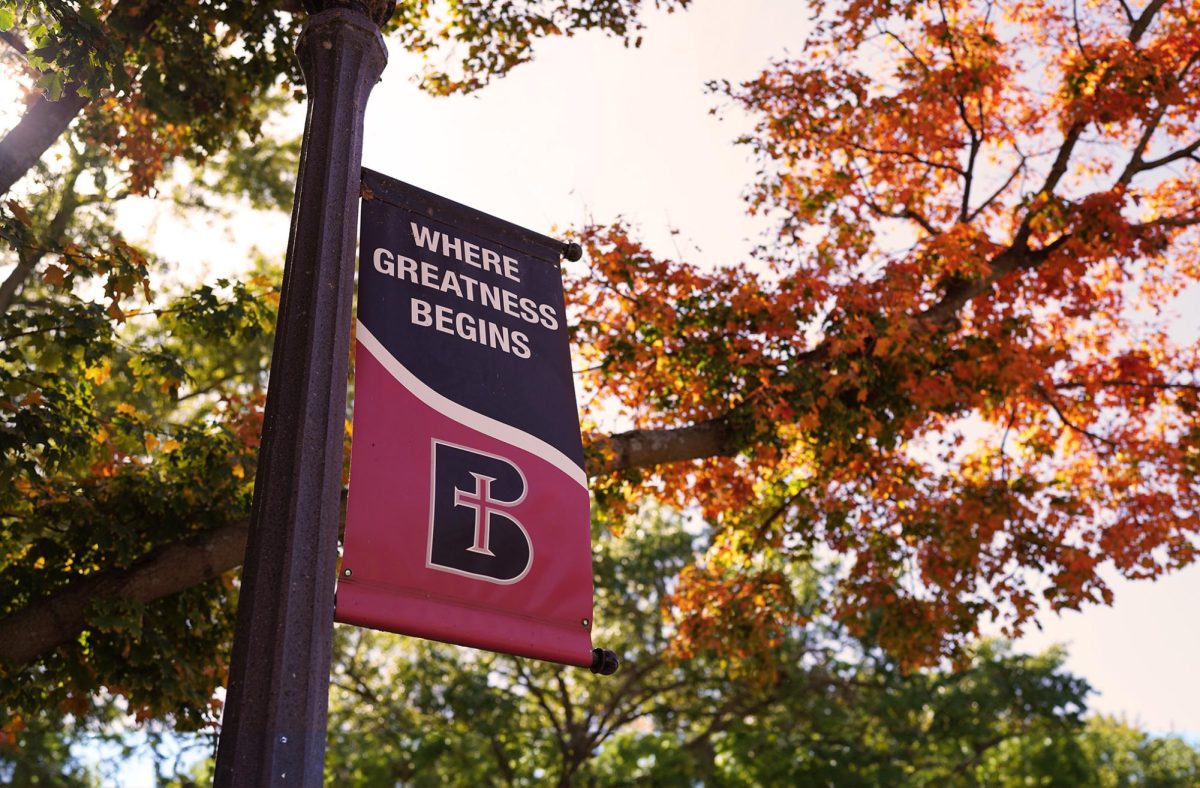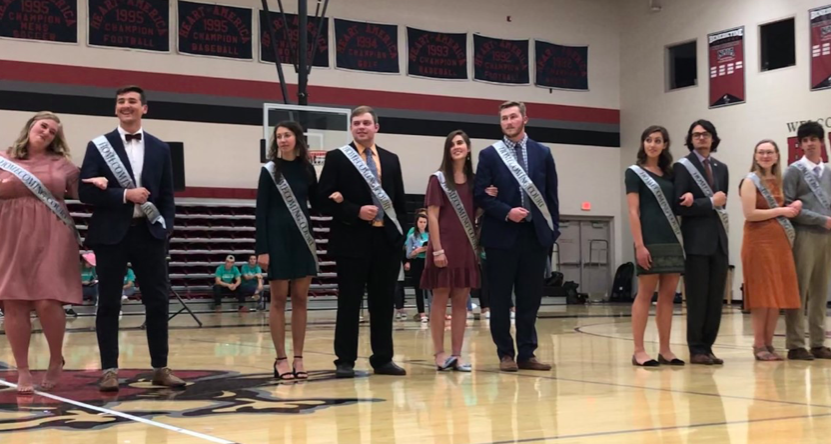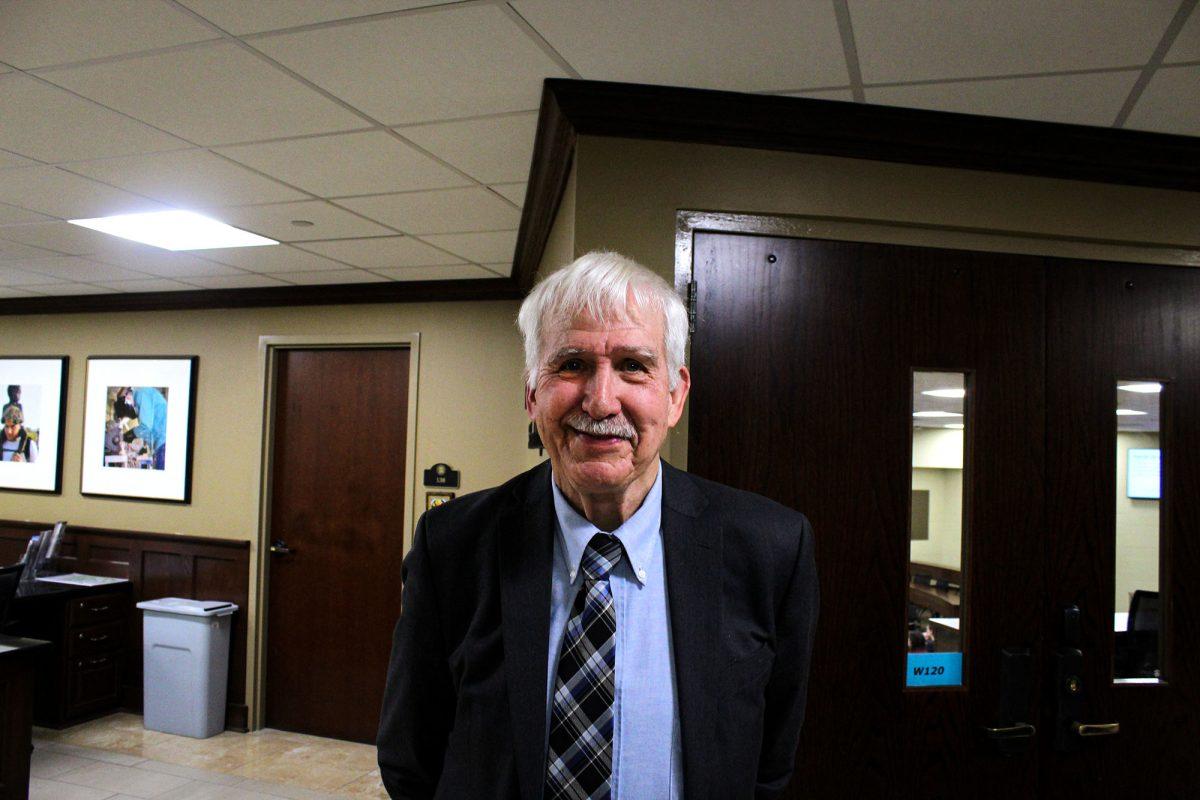Every year the attendants of Benedictine College chooses who will be titled homecoming king and queen, usually announced at halftime during the football game on Saturday.
When it comes to the voting process, the school doesn’t have any parameters on who can be nominated, other than the qualification that they must be seniors. With little criteria for nomination, it could draw questions of who could be worthy of the crown.
Junior Quade Salazar did not vote this year because it’s not merit based and has no qualifications to be voted on the court.
“I’m not saying it’s a bad thing, but I just don’t think that if it’s not merit based, then I really don’t understand why we’re giving a crown,” Salazar said.
Salazar explained the homecoming court voting process could be more effective so it does not appear to be a popularity contest, which he compared to his high school homecomings.
“It was kind of like who’s the prettiest, who’s the most well-known,” Salazar said. “I definitely don’t think that Homecoming King and Queen was not the most merit worthy person necessarily, not that they ever were.”
Senior Anna Laughery also sees the event as similar to a high school homecoming.
“I feel like I’m in high school,” Laughery said. “I didn’t go to a high school that had homecoming king and queen, but you always see it in the movies and it’s usually as dramatic and as weird as it is here.”
Mary Aaker, who voted for students based on those who had a great presence and carry genuine values, said she’s seen the voting process as somewhat rigged since it looks as though favoritism towards certain people or those of big popularity are voted in more often.
“It just seems like the same eight people that I see representing all the time,” Aaker said.
Aaker mentioned the trend in voting for those who work for the admissions office.
When Laughery and some of her friends voted, they chose students who have done good things but are those who others do not hear about a lot.
“We all decided to vote for people who you wouldn’t expect to be on homecoming court because often, it’s kind of the same people who win these types of awards and events,” Laughery said.
With future homecoming courts, this could be a calling for the tradition to be continued in a way that would give honor to those who have really aspired for greatness and choose to live out the Benedictine values.
“These awards can potentially be an opportunity to recognize people who are putting their money where their mouth is,” Salazar said. “They really believe it [Benedictine values] and you can see it because they exude that joy and peace and kindness that really are the fruits of a strong spiritual life and following the teachings of Saint Benedict.”
